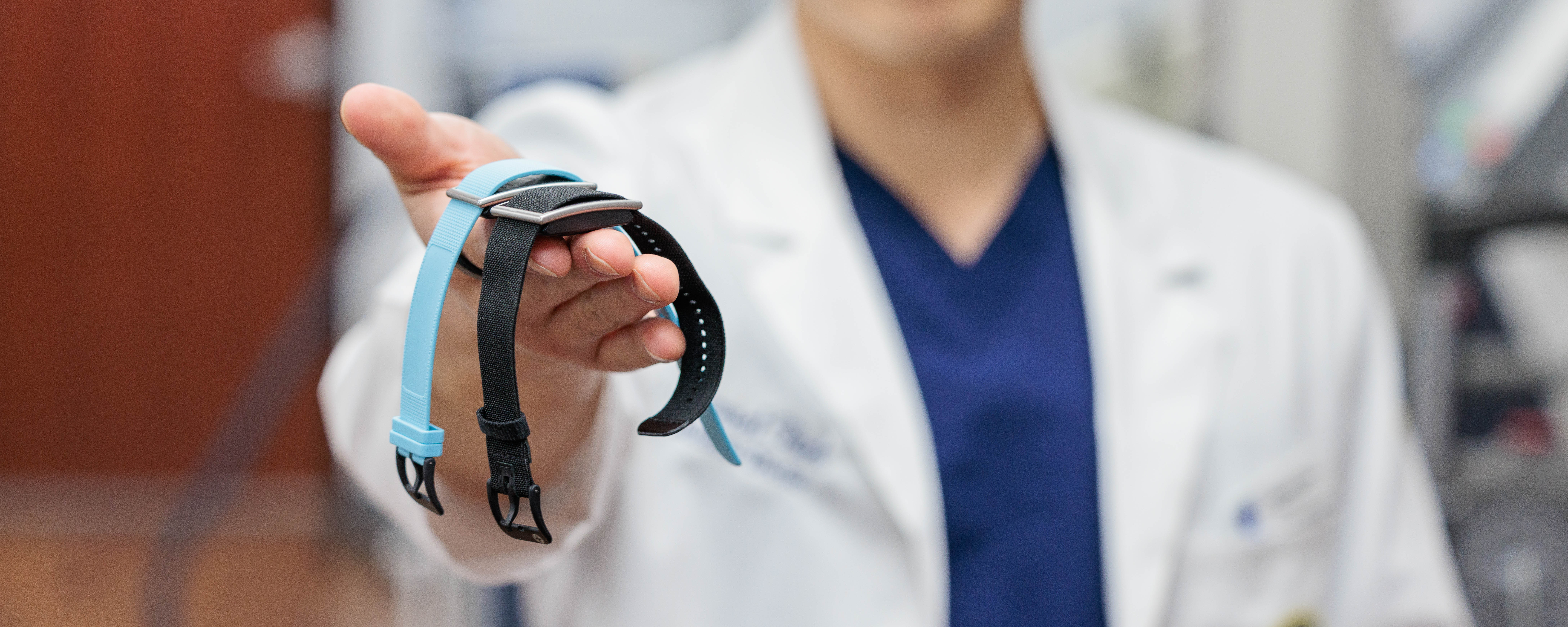
Your Sleep Schedule Could Change the World
Touro University Nevada College of Osteopathic Medicine student, Samuel Park, is seeking participants for groundbreaking research on how circadian rhythm impacts not just our sleep, but our lives.
Circadian rhythm is our body’s internal clock and is a predictive mechanism our body employees to signify different body functions to start or stop. This research is looking to better understand what can negatively affect our rhythms beyond just reacting to sunlight, and how that can be reversed.
“There has been extensive research done on circadian rhythms with model organisms, but not to the same extent in humans, whose internal clocks have the ability to impact our aging process,” said Park. “Our circadian clock is intrinsically tied to our metabolic health, physical health, and mental health. We want to demonstrate that as we age, this internal clock weakens and understand what can be done to keep the circadian clock young that will not only improve overall health but extend lifespan.”
The university is looking to the community to join this research project by wearing a waterproof smart device for a weeklong period that will collect heart rate, heart rate variability, core body temperature, skin temperature, sleep cycles, activity, breathing rate, and more. An appointment can be made online to receive the device, collect a saliva sample at the start and end to measure metabolic age and health. Participants will be given a report card based on the data collected and can be part of future studies related to circadian rhythms.
“This research has the potential to mitigate the negative effects of aging. By better understanding how our bodies function, we can unlock new ways to optimize our performance and well-being,” add Park. “While all humans have a rhythm, we all have an individual rhythm that is unique to us based on our own health, body chemistry and genetics, occupations, and lifestyle.”
Individuals most affected by disrupted internal clocks, such as shift workers, frequent business travelers, and those in aviation facing jet lag and lack of sunlight, may have the opportunity to reset their circadian rhythms, reducing exhaustion, brain fog, and hunger pangs. Beyond improving daily well-being, this research could revolutionize cancer treatment by exploring new drug protocols and chemotherapy strategies, potentially enhancing effectiveness while minimizing side effects.
“As a doctor, conducting this research to better understand how bodies perform has vast implications on how we can treat our patients, and ultimately maintain a high quality of life for as long as possible,” shared Dr. Wolfgang Gilliar, Dean of College of Osteopathic Medicine.
Sign up to be a participant in this research project.



